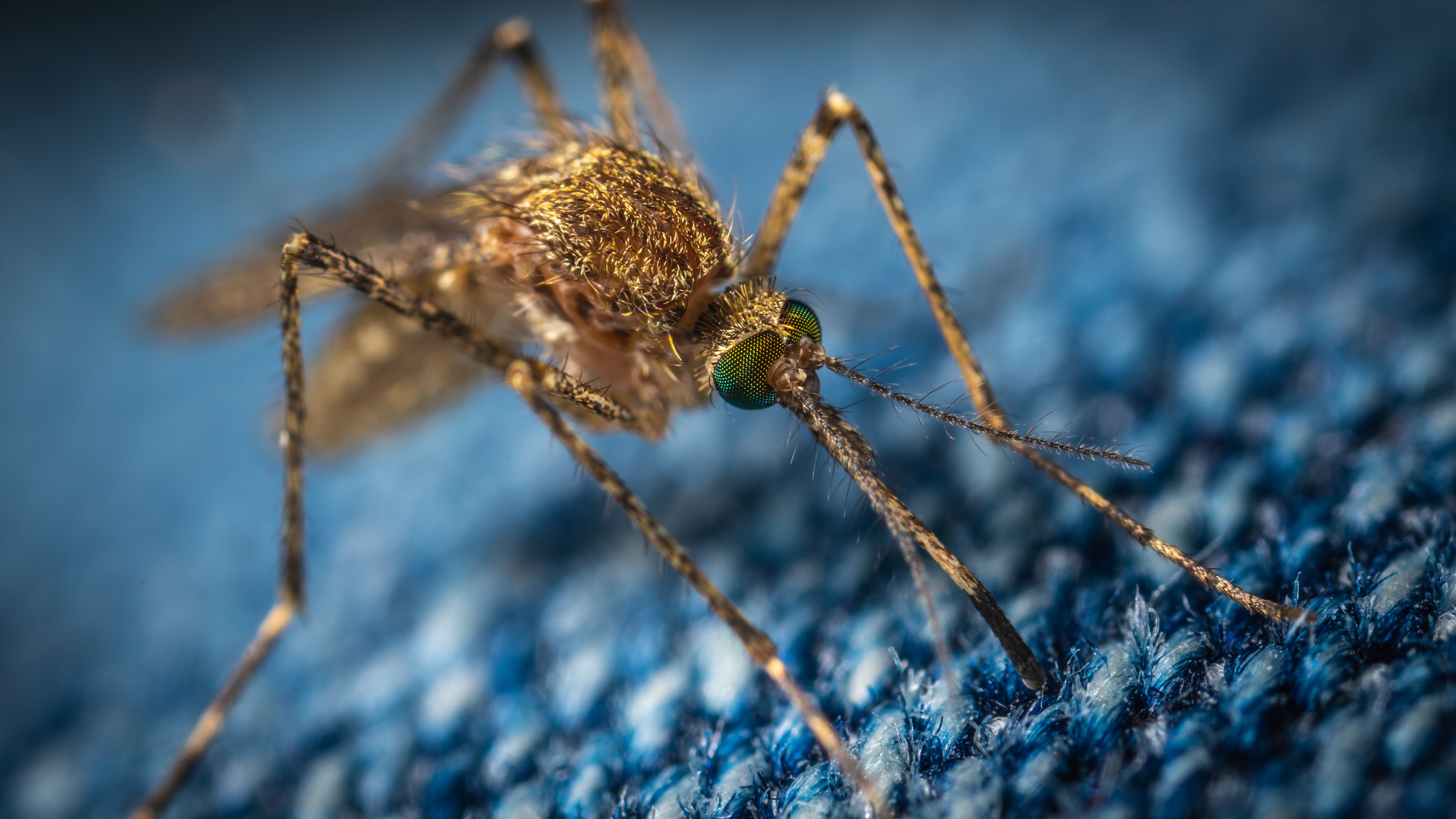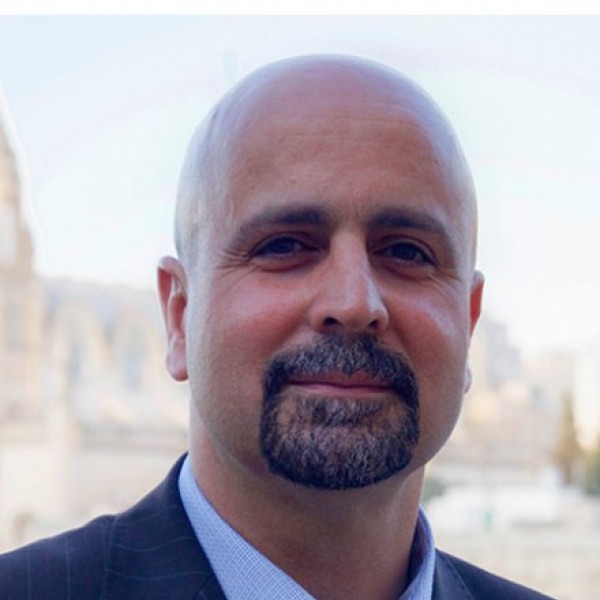
Continuing the fight against malaria, despite the emergence of new infectious diseases
What do the Portuguese explorer Vasco da Gama (1460-1524), the Italian painter Caravaggio (1571-1610) and the English poet Lord Byron (1788-1824) have in common? They all died of malaria!
Speakers
Event series
Content navigation
RegisterDescription
What do the Portuguese explorer Vasco da Gama (1460-1524), the Italian painter Caravaggio (1571-1610) and the English poet Lord Byron (1788-1824) have in common? They all died of malaria! Deadly infectious diseases continue to emerge, as we have seen with Covid-19, but some have been around for hundreds of years, and in the case of malaria, thousands of years.
Several highly effective vaccines have already been developed against Covid-19, but we still do not have an effective vaccine against malaria. Malaria management, therefore, relies on reducing transmission of the disease and drug treatment. Despite these measures, more than 200 million people were infected with malaria in 2019 and 400,000 died from the disease. We need to improve our transmission reduction and treatment tools.
In this presentation I will provide an overview of malaria, outline the malaria research effort of several laboratories in various Schools across the Australian National University and describe results from two current projects – one aimed at reducing malaria transmission and the other at developing a new treatment.
About the speaker
Kevin Saliba obtained a BSc (Chemistry) and a PhD (Pharmacology) from the University of Cape Town, South Africa. He was a post-doctoral fellow in the laboratory of Professor Kiaran Kirk at The Australian National University between 1997 and 2004. Late in 2004 he took up a lectureship at The Australian National University Medical School. He was promoted to senior lecturer in 2008, Associate Professor in 2014 and Professor in 2019. He is currently Head of the Division of Biomedical Science and Biochemistry at the Research School of Biology.
Webinar recording
Location
Online

